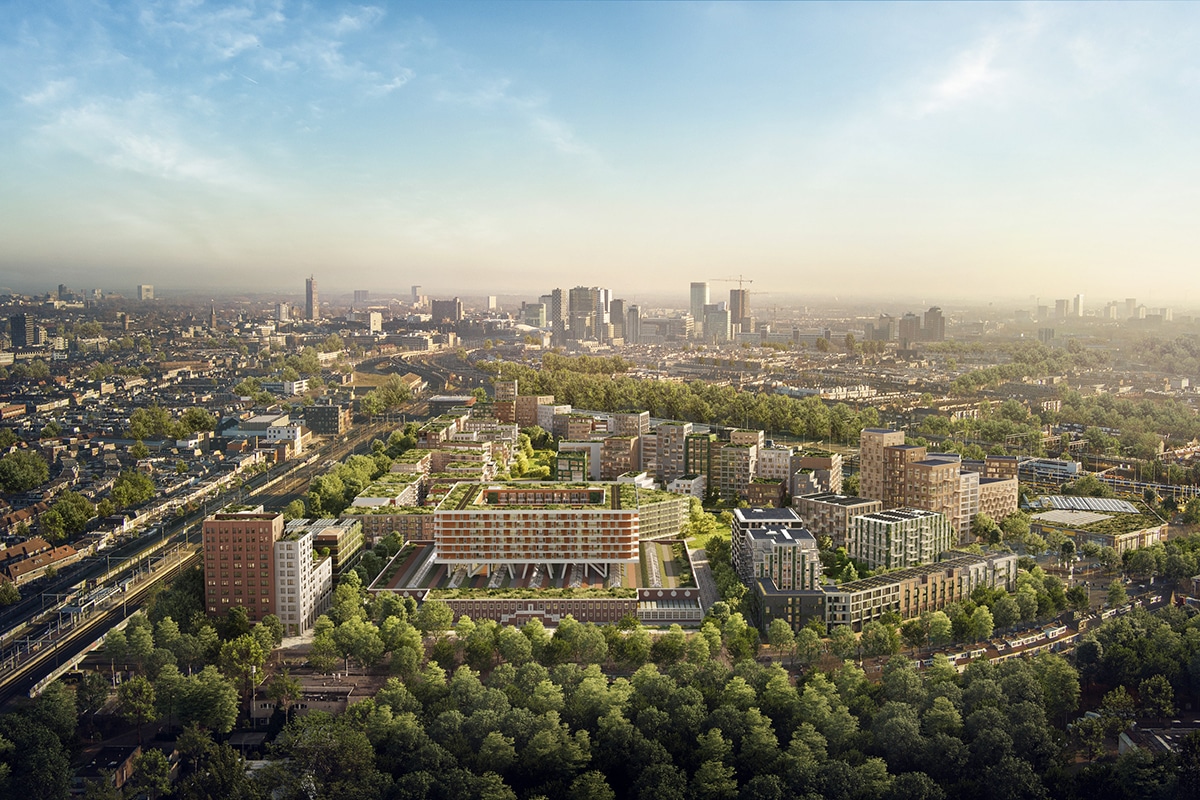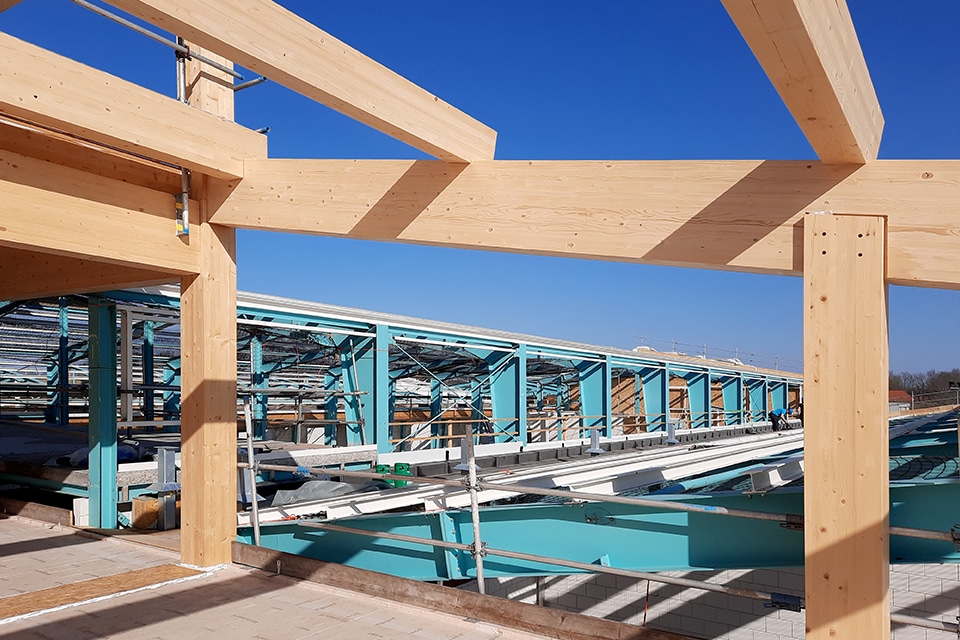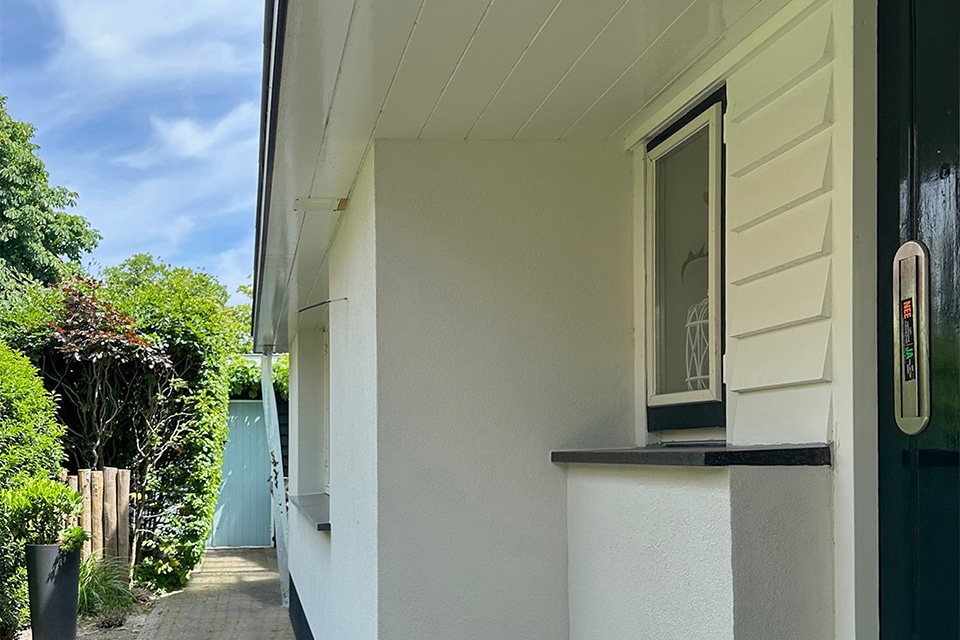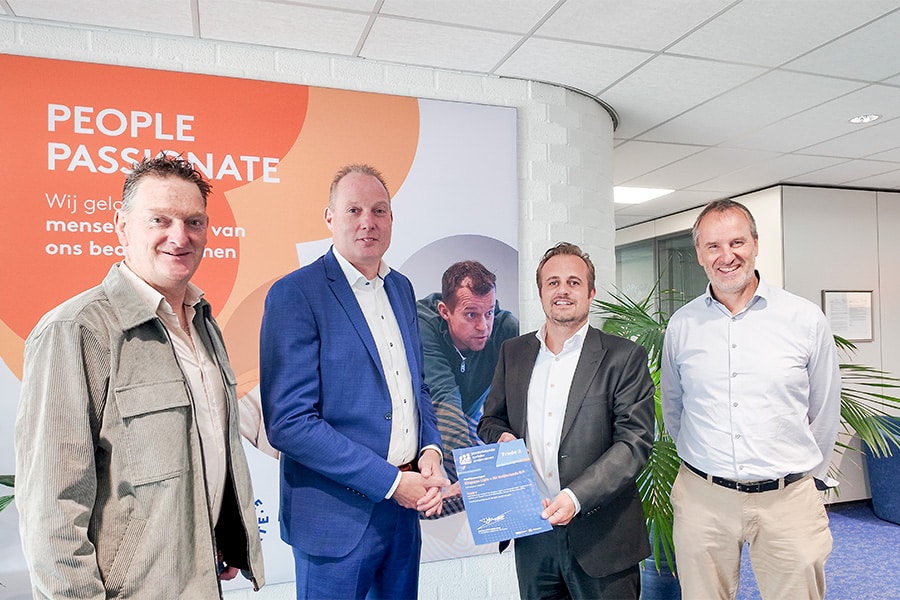
Construction site sustainability: 'We identify safety risks and possible solutions'
An important part of process consulting in the construction column is risk inventory and evaluation. What, for example, does making construction sites more sustainable mean for the planning, financing and logistics of construction projects? Aboma can advise clients and executing parties on this, with a specific focus on working safely. "A lot is coming down on construction parties lately; external advice may be necessary in several process phases," says Aboma consultant Harm van Heukelum.
Van Heukelum, whose work as a safety expert and occupational hygienist includes consulting, auditing, certification and training with a view to safe working practices, gives a simple example. "Increasingly, governments and clients are asking us to build sustainably. This is not limited to a few solar panels on the construction site. For example, if you electrify a construction project's equipment fleet, you have to work together differently. Perhaps it is necessary to apply for the permit even before the contractor enters the picture. And if, as a contractor, I set up my chain fleet including cranes completely electrically, what does that mean for my planning reliability and can I still work safely? You can imagine that the construction column has to be set up differently with such innovations, and you have to work together differently."
Targeted consulting
At the same time, changes in construction practice are tumbling over one another. Van Heukelum: "Clients and contractors are not only being asked to demonstrate sustainability; we are also in a supply market at the moment, due to personnel shortages and supply problems. The scheduled execution time or completion date does have to be met, so working safely is increasingly urgent." Larger builders employ their own safety experts or KAM coordinators, SMEs often do not. "And you quickly run into issues that you have to solve with other parties and early in the process, such as that extra-heavy connection to the power grid we talked about earlier. An external party like Aboma can help with that, with targeted risk inventory and evaluation in all phases of the construction process and specific health and safety and environmental knowledge that is not always present within construction companies."
Learning ability
Aboma does so in a broader partnership with the market. "Like at our annual network meeting Aboma Connect or in cooperation with industry organizations such as Techniek Nederland and Bouwend Nederland." The ultimate goal of such processes is learning capability and the outcome further integration of the construction chain, Van Heukelum says. "You cannot escape making your processes more sustainable. Clients such as ProRail and Rijkswaterstaat have already indicated that they want to be CO2 neutral by 2030, developers are increasingly asking for it in tenders, and developing builders are often already further along than purely executing parties. Working safely in construction projects with ever-higher requirements and less time is necessary, and this is where advice from Aboma can make a big difference. In the planning phase with a risk inventory, in the construction phase with tailored advice. We identify the safety risks and possible solutions."



